It is essential to maintain a healthy diet during pregnancy. Eating unhealthy meals and snacks is tempting, especially if you have a sweet tooth.
Your body needs additional nutrients in pregnancy because you're eating for two. Thus, a diet lacking essential nutrients may negatively affect your baby's development.
On the contrary, poor eating habits and excess weight gain may also increase your risk of gestational diabetes and birth complications.
Healthy, nutritious foods will help ensure you and your baby's health are in top shape. It will also make it a lot easier to lose pregnancy weight after delivery.
What are the highly nutritious Nigerian foods to consume during pregnancy?
You can include healthy Nigerian foods to replenish your body's daily nutrient needs. Some of them include;
Dairy products
During pregnancy, you need to consume extra protein and calcium to meet the needs of the growing foetus. Dairy is the best source of calcium, and it provides high amounts of phosphorus, various B vitamins, magnesium and zinc.
It contains more calcium than most other dairy products. Some varieties also contain probiotic bacteria, which support digestive health and may reduce the risk of complications.
Beans
Beans are excellent plant-based fibre, protein, iron, folate (B9) and calcium sources. Your body needs more during pregnancy.
Beans are excellent sources of folate, fibre and many other nutrients. Folate is a vital nutrient during pregnancy and may reduce the risk of some congenital disabilities and diseases.
Sweet potatoes
Sweet potatoes are very rich in beta-carotene, a plant compound converted into vitamin A in your body.
Vitamin A is essential for the growth and differentiation of most cells and tissues. It's crucial for healthy foetal development.
Yams
Yams are a great source of dietary fibre and collagen. Your digestive system slows during pregnancy, and you may often experience constipation.
As such, eating fibres helps promote digestion and prevent constipation. The collagen in yams may improve skin elasticity. Especially during pregnancy, when your skin stretches at a faster rate.
Eggs
Eggs are the ultimate healthy food, as they contain a little bit of almost every nutrient you need. Boiled eggs are incredibly nutritious and a great way to increase nutrient intake.
They also contain choline, an essential nutrient for brain health and development.
Dark leafy greens
Dark green vegetables, such as the bitter leaf, ugwu, uziza, and efo, contain many nutrients you need in pregnancy. These include fibre, vitamins A, C, K, calcium, iron, folate and potassium.
Leafy greens are also fibre-rich, which may help prevent or treat constipation.
Lean meat
Beef, pork and chicken are excellent sources of high-quality protein. It would be best to have more iron since your blood volume is increasing. This is particularly important during the third trimester.
Low iron levels during early and mid-pregnancy may cause iron deficiency, doubling the risk of premature delivery and low birth weight.
Eating foods rich in vitamin C, such as oranges or bell peppers, may also help increase meal iron absorption.
Fish liver oil
Fish liver oil is made from oily fish liver, called cod. The oil is rich in omega-3 fatty acids EPA and DHA, essential for foetal brain and eye development.
A single serving (one tablespoon or 15 ml) of fish liver oil provides more than the required omega-3 fatty acids, vitamin D and vitamin A. Fish liver oil may be particularly important for women who don't eat seafood.
Berries
Berries contain water, healthy carbs, vitamin C, fibre and antioxidants. They generally contain high amounts of vitamin C, which helps your body absorb iron. Vitamin C is also important for skin health and immune function.
Whole Grains
Eating whole grains may help you meet your calorie requirements, especially during the second and third trimesters.
Whole grains are packed with fibre, vitamins and plant compounds. They're also rich in B vitamins, fibre and magnesium.
Water
During pregnancy, blood volume increases by up to 1.5 litres or about 50 ounces. Therefore, it's important to stay properly hydrated.
Your foetus usually gets everything it needs from you and may become dehydrated if you don't watch your water intake. Adequate hydration may also help prevent constipation and urinary tract infections.
What you eat during pregnancy affects your energy and well-being, directly affecting your baby's health and development. Since there is an increase in calories and nutrients, choose nutrient-dense, healthy foods. Once in a while, you may consume sweet and savoury dishes for your sweet tooth!
Let's personalize your pregnancy journey with Nigeria's most extensive online antenatal program, PreggClass. For only N10,000, you receive 24/7 medical supervision, weekly check-ins, vast resources, practical sessions to prepare you for labour and motherhood, and lots more! For more enquiries, contact us on WhatsApp.


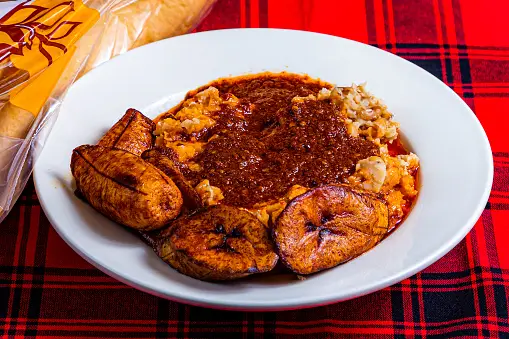
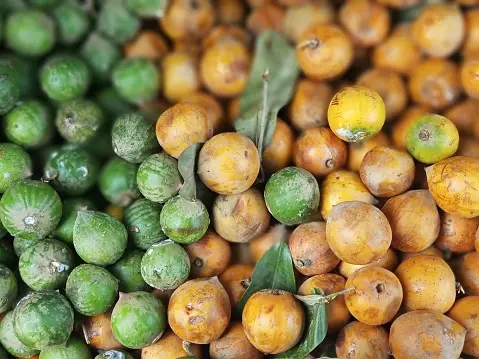
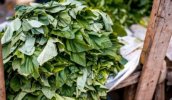

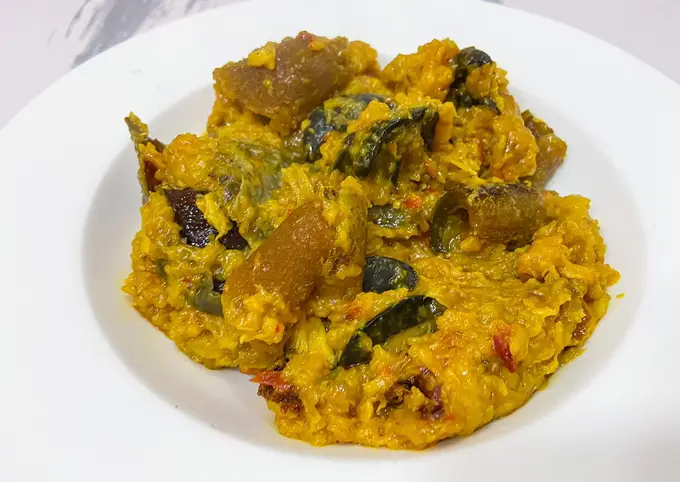


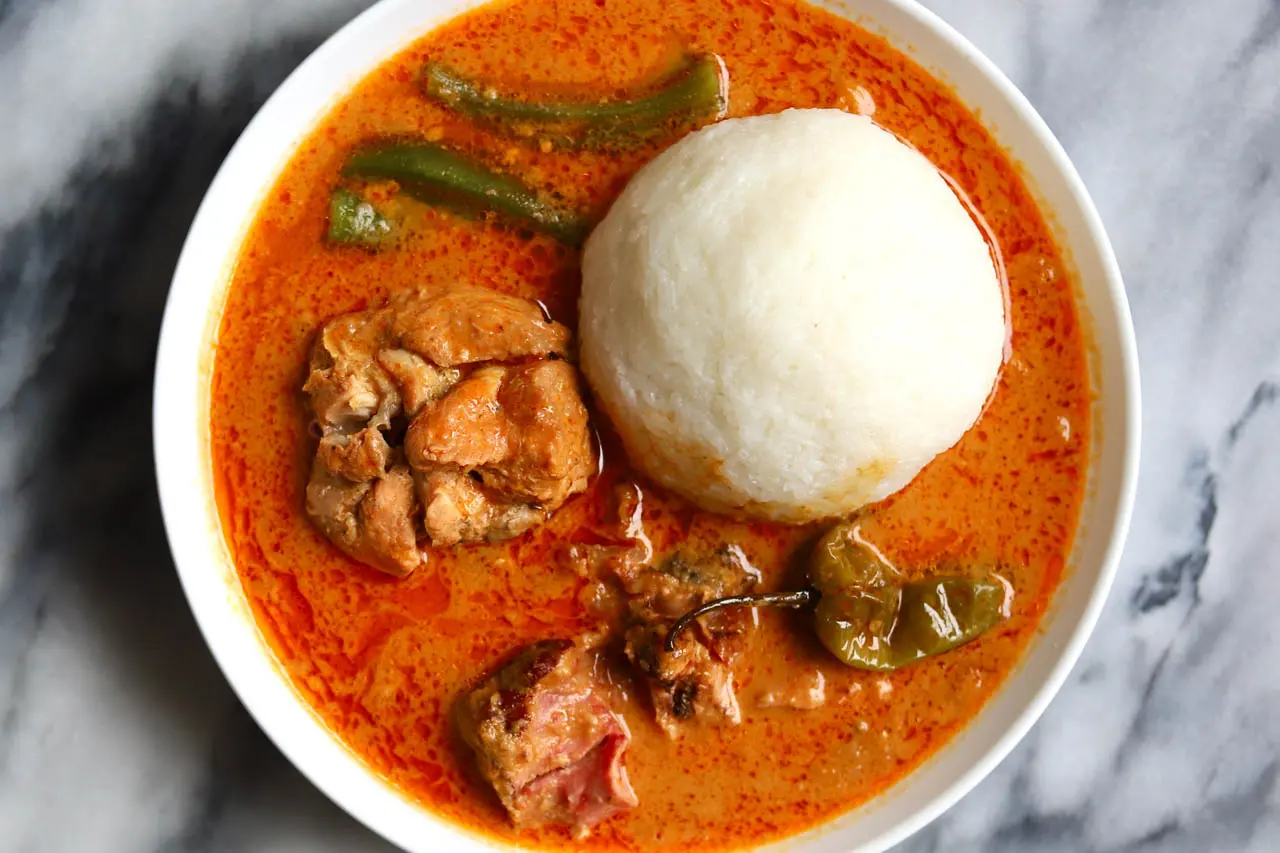
Comments